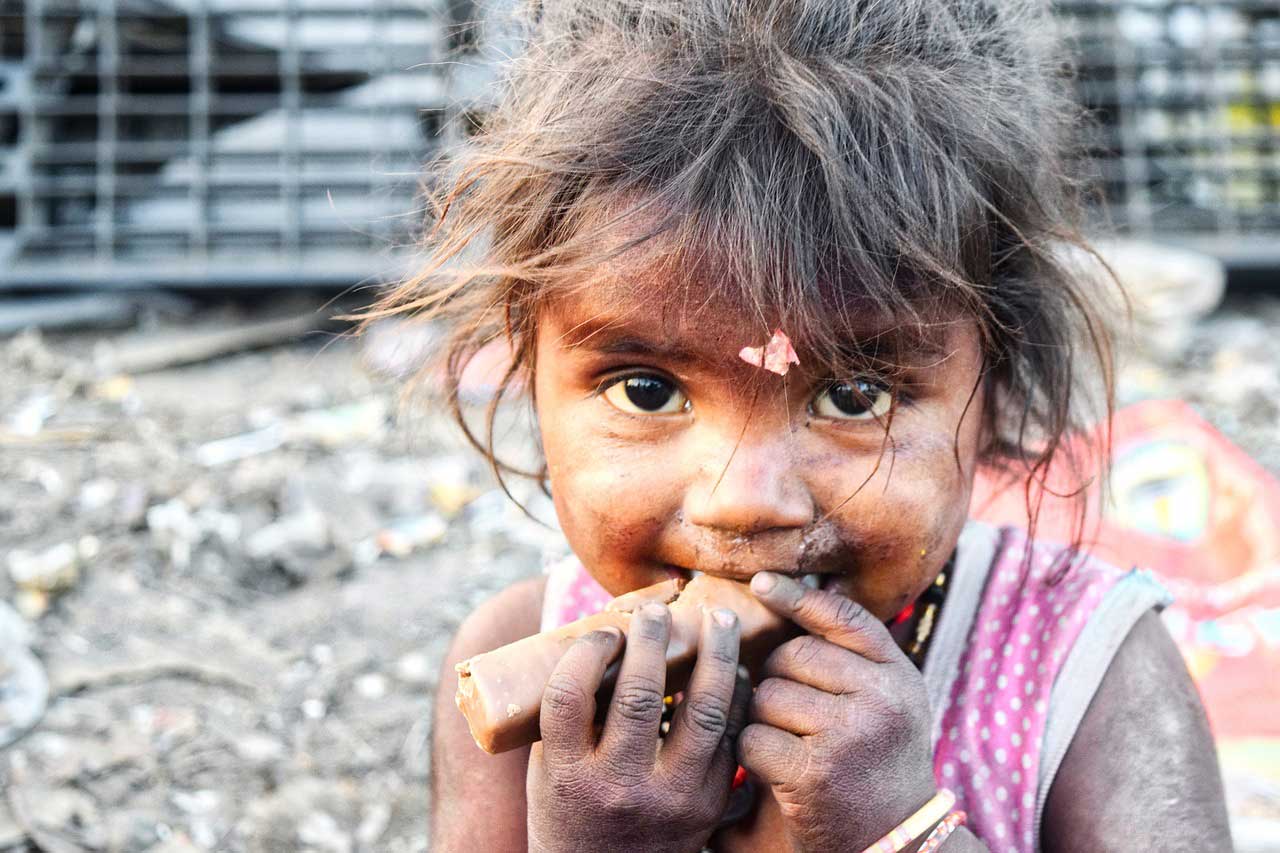World wheat prices are rising. Exports from Ukraine, which many countries rely on, are under great threat. And the lack of enough grain is a serious prerequisite for global hunger.
Ukraine is a key player in the international grain market, as the conditions in the country are optimal for its cultivation. But now it needs to be sown urgently. The beginning of spring is the time of the “Thaw”: the fertile land is flooded with water, the grains receive enough moisture and minerals for germination and growth. Later, the soil dries up and hardens, the plants must germinate so as not to dry out.
The scorched earth of the Rasputitsa proved to be a real disaster for several armies – for the French under Napoleon, for the Germans during World War II, and even now for the Russians and their tanks, although they should have been aware of this phenomenon. But for wheat, “Thickness” is a boon. And if the earth hardens without sowing grain, there will be a risk of world famine.
Shortage seems inevitable
Over the past 50 years, Germany and many other countries have managed to double their wheat production. Thanks to this, Germany even became an exporter of grain. But now a sharp turn is needed to ensure sufficient production. Ukrainian farmers cannot be ordered to sow more because they are either at the front or they are afraid they will be shot in the fields.
Wheat prices are already rising on the world market. Those who can offer grain in abundance this year will reap huge profits. Fortunately, in recent weeks, Argentina and Australia have enjoyed bountiful harvests. But the problem is different. Special climatic conditions that allow growing wheat in wet weather and the next dry period, in which the grain ripens, do not exist anywhere in the world. In densely populated tropical countries, grain can grow, but not dry out and ripen due to daily rains – at least not in the quantities needed to feed the world.
What will happen? Many fields in Ukraine and Russia will remain unsown. Wheat prices on the world market will rise. For rich countries and rich people, it will not be a big problem to pay 2-3 times more. But the poor and hungry will no longer be able to afford bread at the table. Every penny that goes up in the price of wheat makes it impossible for many to supply their staples. And it is these people who cannot grow more crops, because they live either in the always wet tropics or in the arid regions of the world.
“This is a new crisis that is added to the previous ones.”
In Kenya, for example, most grain is imported from Ukraine and Russia. There people are concerned about what is happening in Europe. “We are interested in war because we need to know what is going on. Some of the products we use come from these two countries,” said Samuel Mose, owner of a small eatery in the slums of the capital Nairobi. However, supplies are becoming increasingly difficult, and Mose’s business is facing bankruptcy.
The crisis has hit the poor hardest. They already provide over fifty percent of their income from food, and prices are rising. At the same time, East Africa suffered from a prolonged drought. According to the World Food Programme, 13 million people rely on food aid. War can only aggravate the situation. “This is a new crisis that is exacerbated by previous ones,” spokesman Martin Rench said. He warned that hunger and insecurity could spark new conflicts.
Lack of grain can be harmful
Temperate countries, located mainly in Europe, Western Asia and eastern North America, have optimal conditions for growing grain. And they must take responsibility for providing for the needs of people in a less favorable climate.
If the compensation mechanism is not put in place, the development could be dramatic. Because as a result of a catastrophic war in Ukraine, there is a risk not only of a shortage of raw materials such as oil and natural gas, but also of a famine that could affect billions of people around the world. One thing is clear: humanity could somehow cope with the lack of oil and natural gas, but the lack of grain can be a disaster.

